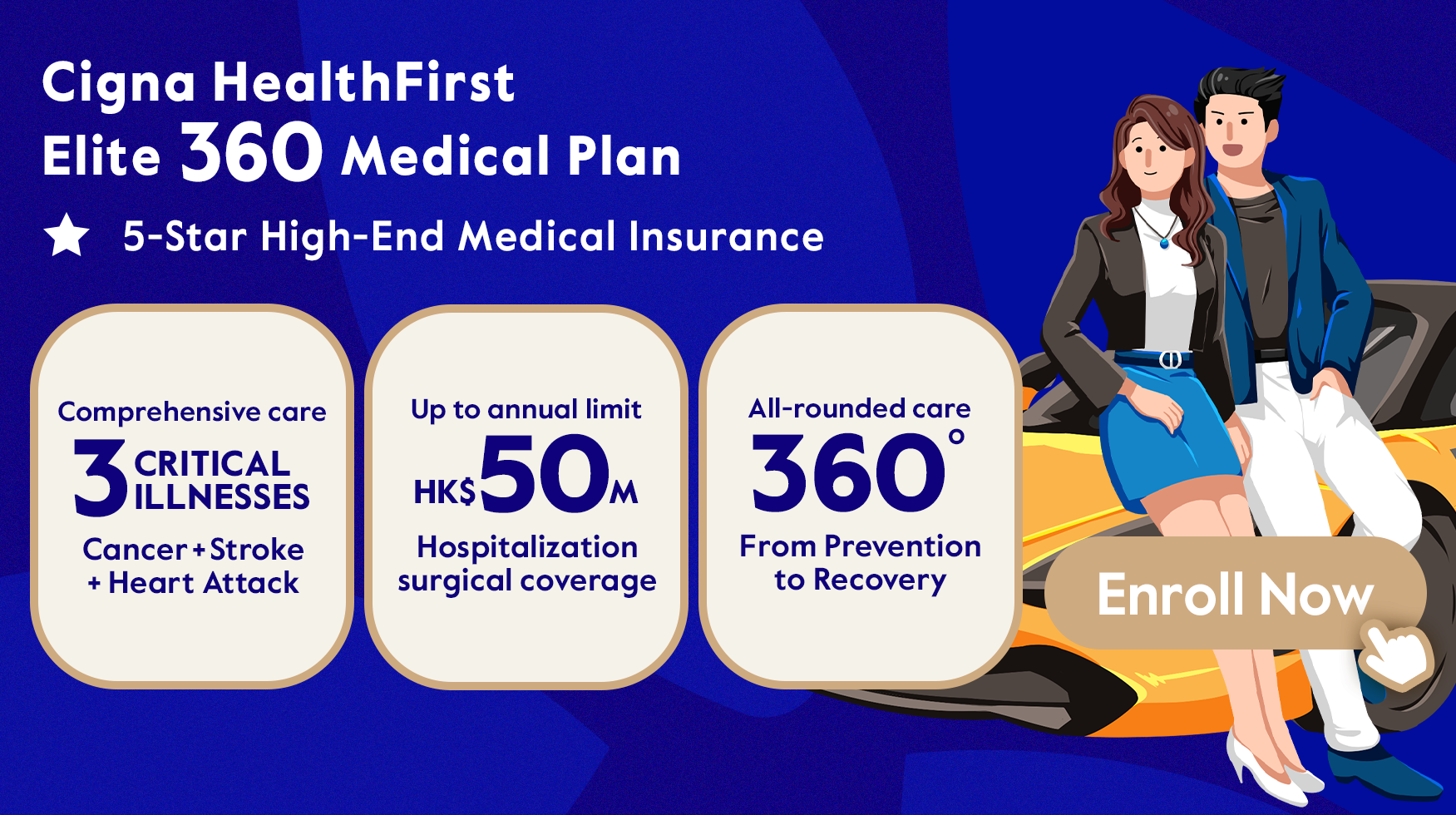Early signs of oral cancer may be mistaken for other problems, such as a toothache or gum pain. Let’s understand more about the causes, symptoms, self-exam, and oral cancer treatments in this article.
What is Oral Cancer?
Oral cancer refers to the malignant tumours in the oral cavity, and most of them belong to squamous cell carcinomas. Squamous cells are the thin, flat cells that make up the epidermis or the skin’s outermost layer. Squamous cell cancer is also known as a type of skin cancer that typically begins in the squamous cells.
Mouth cancer can occur on the:
- Lips
- Gums
- Tongue
- Inner lining of the cheeks
- Roof of the mouth
- Floor of the mouth (under the tongue)
In particular, the mouth floor (under the tongue), jaw and inner lining of the cheeks are more prone to mutations and malignant tumours. That’s why it is more common to have oral cancers in these areas.
Causes of Oral Cancer
Oral mucosa (membrane lining inside your mouth) is a tissue thinner than your skin, which has a high cell proliferation rate in general. However, it develops malignant tumours after cell mutation due to prolonged irritation.
Below are the factors that irritate the oral mucosa and increase the risk of oral cancer.
-
Tobacco and Alcohol
Consuming tobacco and drinking alcohol, including pipe smoking, increase the risk of developing oral cavity and oropharyngeal cancers. -
Poor Oral Health
People with poor oral health may have several missing teeth, bleeding gums or chronic infections from bacteria. They may not go to the dentist very often to take care of their mouth. Studies show that people with poor oral health have a higher risk of developing oral cancer. -
Long-Term Irritation of the Mouth
Poor-fitting dentures, prolonged sun exposure, drinking very hot beverages, and spicy foods frequently irritate or damage the thin cells of the mouth, leading to chronic infections and even oral cancer. -
Human Papillomavirus (HPV) Infection
Human papillomavirus (HPV) is the most common viral infection of the reproductive tract and a risk factor for oral cancer. There are more than 100 types of HPV, of which at least 14 are cancer-causing. HPV is sexually transmitted, but penetrative sex is not required for transmission. Skin-to-skin genital contact is also a well-recognized mode of transmission. -
Weakened Immune System
A deficiency, absence, or defect in the immune system could lead to oral cancer. Although maintaining a healthy lifestyle can boost immunity, some immunodeficiency disorders are congenital because of mutations and recessive family inheritance. The innate immune response comprises physical, chemical, cellular, and humoral defence mechanisms against pathogens. If the response does not function well, you may have such disorder, and therefore are prone to infections and critical illnesses. -
Family History
Individuals with a family history of oral cancer and other cancers have a high risk of mouth cancer.
Symptoms of Oral Cancer
If you observe the following symptoms, please make an appointment with your doctor for suitable treatments.
- A sore on your lip or mouth that won’t heal
- Bleeding from your mouth for reasons unknown
- Loose teeth
- Pain or difficulty swallowing
- An earache that won’t go away
- A lump in your neck
- White, red and white, or red patches in or on your mouth or lips
- A sore throat
- Lower lip, face, neck, or chin numbness
- Tongue pain
Stages and Survival Rates of Oral Cancer
Stage 0 is the earliest stage of oral cancer, followed by stages 1 to 4. Generally, the higher the stage number, the more cancer has spread. According to the National Cancer Institute of Dental and Craniofacial Research data, 60% of all people with oral cancer will survive for five years or more. The earlier the stage at diagnosis, the higher the chance of survival after treatment.
Stage 0 Oral Cancer
- The earliest stage, stage 0, is also known as carcinoma in situ. The cancer is only in the lining of the mouth or lips.
- The five-year survival rate: >85%
Stage I Oral Cancer
- The tumour is 2 centimetres (cm) or smaller, and cancer hasn’t spread to the lymph nodes.
- The five-year survival rate: >85%
Stage II Oral Cancer
- The tumour is between 2-4 cm, and cancer cells haven’t spread to the lymph nodes.
- The five-year survival rate: >85%
Stage III Oral Cancer
- The tumour is larger than 4 cm, or cancer has spread to one lymph node in the neck on the same side as the tumour, and the lymph node is 3 cm or smaller. (Submandibular area, submental area, upper neck, middle neck, back neck)
- The five-year survival rate: >66%
Stage IV Oral Cancer
- Tumours are any size (over 3 cm), and the cancer cells have spread to nearby tissues (such as the oesophagus, thyroid, cricoid cartilage), the lymph nodes, or other parts of the body.
- The five-year survival rate: >40%
Treatments of Oral Cancer
Your doctor recommends the type of treatment based on the location and spread of malignant tumours. Early cases’ five-year survival rates are high, and only small-scaled surgery is needed to resect the tumour.
Similar to other cancers, your doctor may suggest treating with chemotherapy, radiation therapy or targeted therapy. These options can be applied separately or in combination to treat oral cancer.
Recurrent oral cancer is common within one year after the treatment, so it is important to have regular check-ups to stay on top of the situation.
|
Treatments |
Principles |
Side Effects |
|
Surgery |
|
|
|
Chemotherapy |
|
|
|
Radiation Therapy |
|
|
|
|
|
|
How to Conduct a Self-Examination For Oral Cancer?
You can conduct the exam with a mirror to understand if you have any signs and symptoms of oral cancer.
- Observe if there are any swellings you haven’t noticed before on your cheeks.
- Observe if there are any sores, swellings or white patches in your mouth.
- Use your fingers to feel for any lumps at the bottom of your tongue and in your mouth.
- Pull out your tongue and look at all surfaces.
- Feel for lumps or enlarged lymph nodes in both sides of your neck and under your lower jaw.
How to Practice Good Oral Hygiene?
Oral is not only about keeping your teeth healthy but also maintaining good oral hygiene. Visiting your dentist regularly is vital to prevent oral cancer.
-
Have a Healthy Teeth Diet
Avoid having foods and drinks with high tannins, such as red wine, coffee, soda water and citrus fruits that break down tooth enamel. Brush your teeth after consumption. -
Quit Smoking
Smoking causes oral cancer, stains your teeth and irritates your mouth. Quit smoking as soon as possible to have better oral health. -
Maintaining Good Dental Care Habits
Brushing your teeth and flossing can prevent yellowing teeth and oral diseases caused by bacterial growth. You should maintain good dental care habits, such as brushing your teeth twice a day, flossing daily, and regular check-ups.
Cigna HealthFirst Elite 360 Medical Plan offers comprehensive and personalized medical coverage across the stage prevention, diagnosis, treatment and recovery, with a range of hospital and surgical benefits, optional insurance benefits with an annual limit of up to HK$50 million, personalized health assessment, three critical illnesses(cancer, stroke and heart attack) all-rounded care and international medical concierge service. A 360-degree total health protection that spans across all the key stages of your health journey. Learn more here.
Sources:


